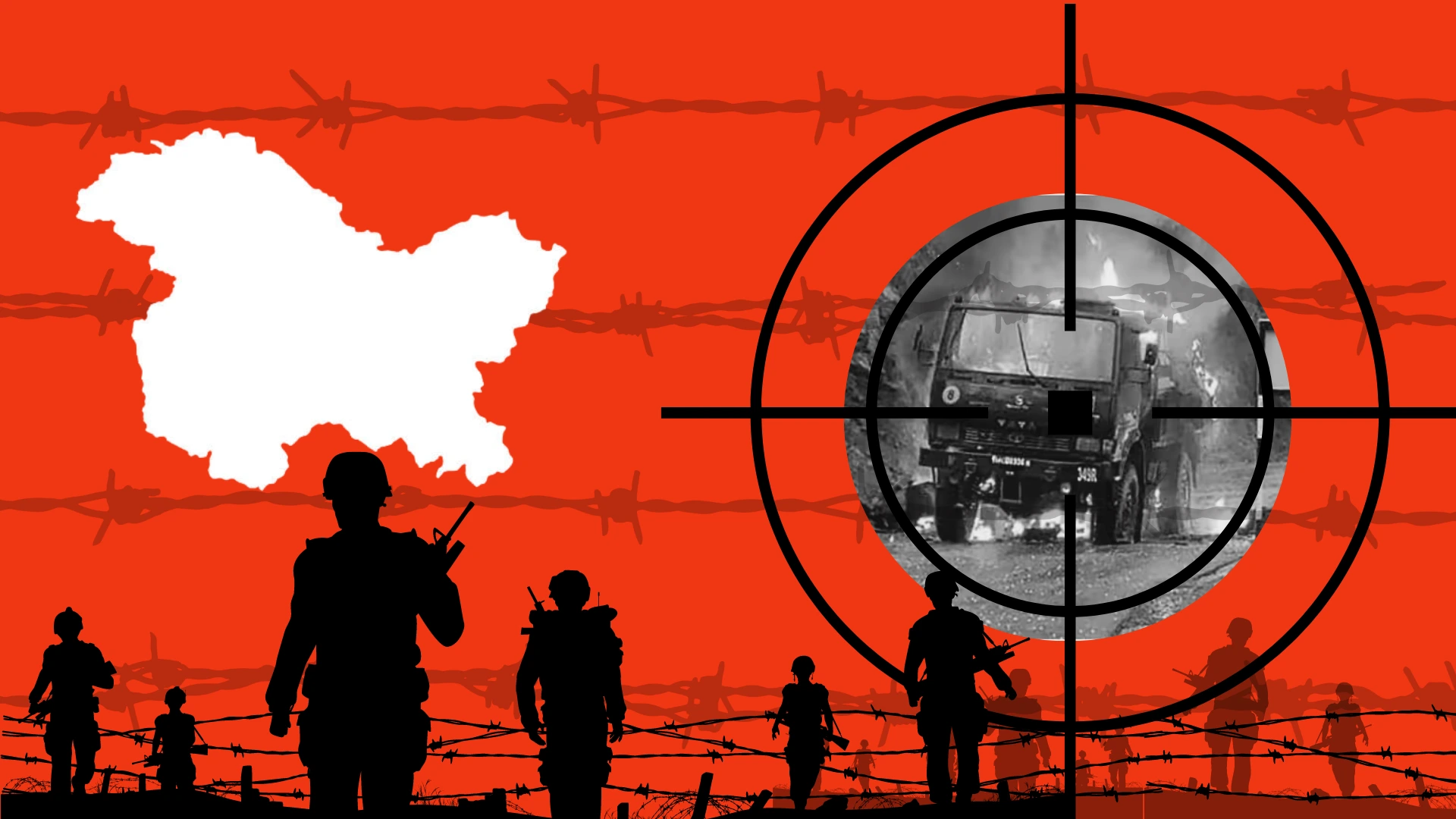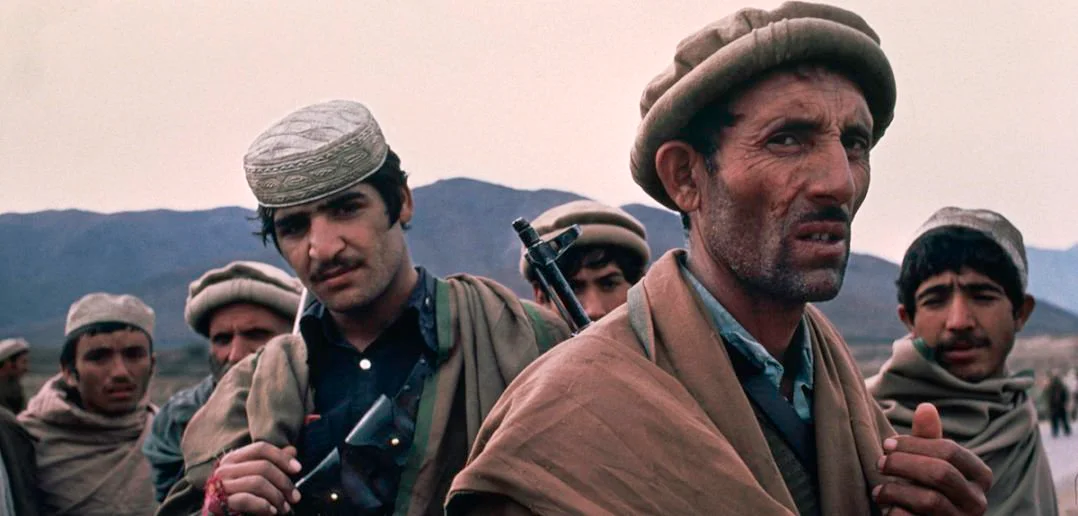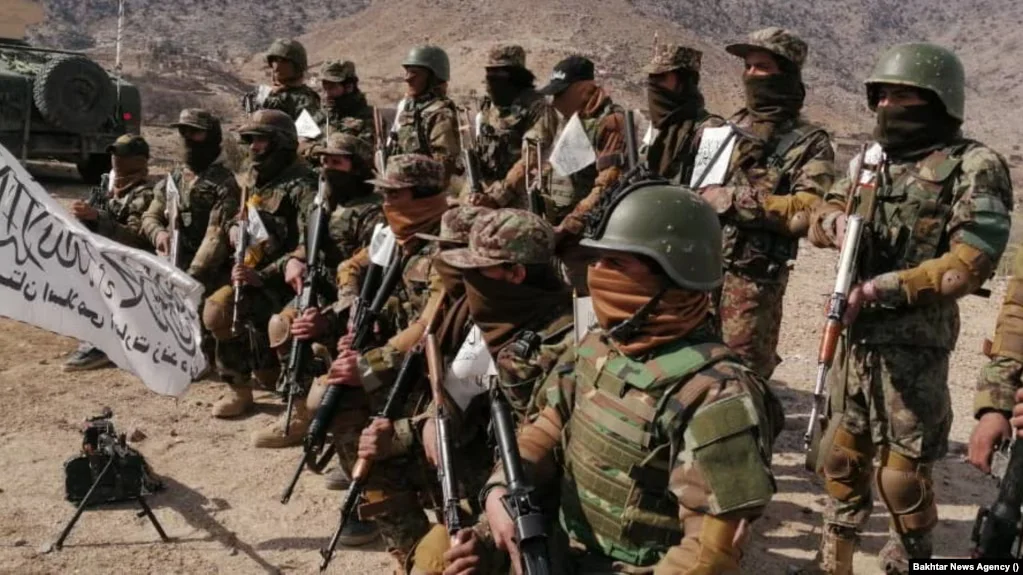In early 2019, the long-standing rivalry between India and Pakistan appeared to be heading for another major armed conflict. On February 14, 2019, a vehicle-borne suicide bomber attacked a convoy of Indian security forces on the Jammu-Srinagar National Highway near Lethapora in the Pulwama district of Indian-occupied Jammu and Kashmir (IOJK). The attack claimed the lives of 40 members of the Indian Central Reserve Police Force (CRPF) and the attacker, a young Kashmiri local. Despite Pakistan’s swift condemnation and denial of involvement, India quickly blamed its neighbor. The following day, tensions between the two nuclear-armed countries escalated. This series of events not only continues to haunt the region but also raises concerns about Indian state connivance, some of which have recently surfaced.
Kashmir: The Attack and Standoff
Since 1947, both India and Pakistan have claimed Kashmir, with each country administering a portion of the disputed territory. Since the late 1980s, the territory now occupied and administered by India has experienced a sporadic insurgency. India has frequently blamed Pakistan for giving the insurgency material backing. Following India’s assassination of renowned insurgent leader Burhan Wani in 2016, unrest in Kashmir intensified. Since then, an increasing number of young people from Kashmir have joined the armed struggle. The vast majority of these fighters are locals rather than foreigners.
Following the Pulwama attack, the most devastating assault on Indian forces in the region in many years, India asserted that it had “incontrovertible evidence” of Pakistan’s role. However, India did not immediately disclose this evidence. Arun Jaitley, the federal minister at the time, declared that India would use all diplomatic means to isolate Pakistan from the global community.
Despite Pakistan’s denial of any guilt and offer to assist in the investigation, India seemed to be unwilling to engage in productive dialogue.
India-Pakistan Skirmishes: February-March 2023
In addition to other Indian responses that spilled over into the typically apolitical worlds of sports and cinema, the Indian Air Force (IAF) escalated the situation on February 26. The IAF employed twelve Mirage 2000 jets to cross the Line of Control (LoC) and drop bombs on Balakot, Pakistan. Afterward, India claimed to have targeted a Jaish-e-Mohammed training camp and executed several terrorists—between 300 and 350. Pakistan, on the other hand, asserted that it swiftly dispatched aircraft to engage the IAF jets. The IAF jets had dropped their payloads before returning over the LoC. A day later, Pakistani fighter pilots shot down an Indian MiG-21 over Pakistan and took its pilot prisoner during the ensuing dogfight. On March 1, Pakistan returned the pilot to India as a gesture of peace. This act helped defuse the situation, which had perilously approached the brink of war.
Doubts and Confessions
While the major conflict was avoided despite the Indian media’s war-mongering before the air clash between the countries, some in India began to question the state narrative.
India’s National Investigation Agency (NIA) sent a 12-person team to investigate the incident with the Jammu and Kashmir Police. Initial inquiries revealed that the vehicle had carried more than 300 kilograms (660 lb) of explosives. Lt. Gen. Hooda, the former General Officer Commanding-in-Chief of the Indian Army’s Northern Command, claimed that the explosives might have come from a construction site. Initially, he declared that it was impossible for them to have crossed the border illegally. However, he later added that he could not rule out this possibility. However, despite a year of inquiry, the NIA failed to identify the explosives’ source.
Moreover, a 500-page document from 2021 detailed conversations between renowned Indian anchor Arnab Goswami and Partho Dasgupta, the former CEO of the Broadcast Audience Research Council (BARC). The document presented shocking details about Goswami’s close ties to Prime Minister Narendra Modi and other officials in the ruling party. These exchanges revealed that Goswami had advance knowledge of numerous highly classified activities. This included the Balakot strike, which Goswami knew about three days before it occurred. On February 14, 2019, Goswami commented on the Pulwama incident, saying, “This attack we have won like crazy.” He also boasted about how the attack had enhanced Modi’s reputation.
Malik’s Pulwama Attack Claims
According to a Frontline story on the Pulwama attack’s second anniversary, several intelligence reports had warned about Mudasir Ahmad Khan, the purported suicide bomber’s handler. These reports detailed plans to attack security personnel. Despite being on the radar of intelligence agencies, Khan was not detained. Similarly, the suicide bomber Adil Dar had been detained six times before the incident. Each time, he was released without being charged.
In fact, Satya Pal Malik, the former governor of Jammu and Kashmir, recently highlighted similar lingering concerns about deliberate governmental negligence.
In an interview with Karan Thapar for The Wire, Malik asserted that the Home Ministry declined to provide five aircraft requested by the CRPF. These aircraft were needed to transport personnel. As a result, a sizable contingent of security personnel had to travel by road in a convoy. This made them a target for a lethal terrorist assault. Malik also claimed that Modi instructed him to remain silent about some alleged oversights he had raised following the Pulwama attack.
India: Debate Over Complicity
It is essential to recall that even the CRPF’s internal probe disputes the Indian government’s position. The probe identifies intelligence failure as one of the causes of the attack, in addition to other factors. Strangely, the security forces and intelligence organizations that had missed the signs warning of the impending calamity allegedly managed to capture or kill the perpetrators the very next day. They then claimed victory.
Most crucially, Modi’s political benefit from the episode belongs to the past. By all accounts, he was in an untenable position heading into the 2019 national elections.
But not only did the disinformation campaign that followed Balakot and Pulwama spare him, it additionally strengthened the majority of his party.
Jumping on the bandwagon, he appeared to have no reservations about exploiting the deaths of his nation’s soldiers for electoral gain for himself and his party.
Although the media-fueled public euphoria in India following the Balakot airstrikes did wonders for his national appeal—portraying him as a courageous leader when it meant confronting enemy Pakistan—the families of some of the soldiers who perished in the attack are now calling for an investigation into the events in light of these alarming revelations. If these demands were satisfied and hypothetically proved their fear of the attack being a political move, one wonders how they would reconcile the notion of patriotism with such betrayal—not by an adversary but by the state itself.






